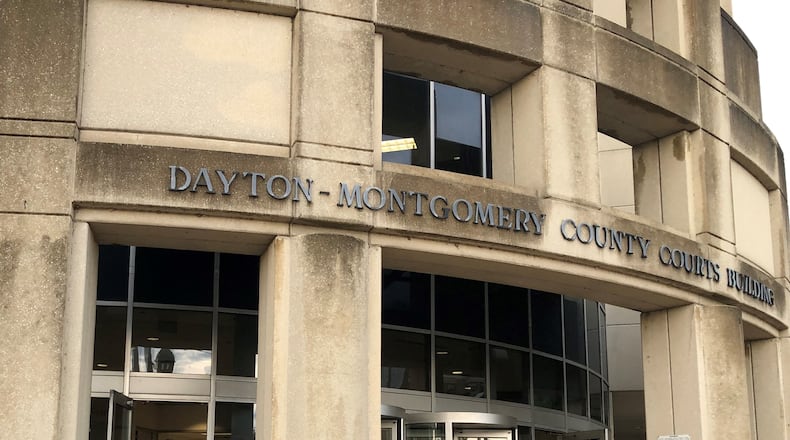Dayton Municipal Court Clerk Marty Gehres said this new initiative hopefully will help large numbers of people remove a “Scarlet E” — an eviction filing — from their records.
“We want as many people as possible to come in and take advantage of this sealing” process, he said. “As soon as you get an eviction, it becomes extremely hard to find stable housing.”
Local attorney Larry Lasky, who represents many landlords in court, said he believes record sealing can be beneficial to renters and landlords if the housing providers can get something out of the process, like an apology or a payment if their former tenants owed a lot of back rent.
In other jurisdictions where similar court rules were adopted, some landlords said these programs make it even harder for housing providers to weed out good tenants from bad ones.
Court changes
A couple of months ago, all five Dayton Municipal Court judges approved a new court rule to create a procedure for sealing eviction records.
The court rule took effect this month, and court officials met with media on Wednesday to highlight the new program.
Tenants can now submit applications to the Dayton Municipal Court to have their eviction cases sealed.
Renters can file an application 60 days after their cases were dismissed or after the court made a judgment in their favor.
In cases where the court ruled in favor of the landlord and an eviction was granted, tenants can file an application six months after the date of a judgment on the first cause. To qualify, tenants in those situations cannot have an eviction judgment against them in Dayton Municipal Court in the past three years.
The court notifies the plaintiffs (the landlords or their attorneys) when it receives a request for record sealing. The plaintiffs get a chance to respond, and both sides can request a hearing with a magistrate.
Goals
Gehres said civil cases cannot be expunged like criminal cases, but sealing the eviction records will make them inaccessible to the public. Expungement results in the destruction of the records.
Gehres said an eviction record can hurt renters during the screening process even if the evictions were dismissed or they happened long ago or the tenants prevailed in the cases.
Alice Wood, a member of the Dayton Tenant Union, said people who have an eviction on their records face a huge obstacle when searching or qualifying for housing.
“Eviction filings hurt a person’s chance of finding housing a great deal because most property owners state ‘no evictions within the last three to five years’ or ‘no evictions ever’ as a qualifying factor on their ads,” she said.
Wood said this court rule is a big step to help reduce the negative impact of evictions and prevent homelessness.
Ohio does not have a statewide law for sealing eviction records, but a variety of local courts across the state have a process to accomplish that, including Cleveland, Akron and Toledo.
Larry Lasky, an attorney who estimates that he represents about 1,000 landlords every year, said he handles cases in a couple of jurisdictions that have record sealing procedures for eviction cases.
He said this process can be helpful for landlords because they can provide input and they can ask the tenant for concessions, like some of the unpaid rent they are owed, in exchange for their support of the application.
Lasky said landlords don’t want their former tenants to be homeless. He said his clients realize tenants often don’t pay rent because they simply don’t have the money.
But Lasky said some people are evicted for very good reasons and they owe a lot of back rent or they caused problems by doing stuff like damaging their rental units.
Lasky said sometimes, but not always, past behavior is predictive of future behavior and some renters have a track record of not paying their rent and being evicted.
“We don’t want to foreclose someone from finding housing because when they were younger they made a mistake — we’ve all made a mistake,” he said. “Where we see a repeated pattern is where we might draw a line in the sand.”
Sarah Weber, staff attorney with Advocates for Basic Legal Equality (ABLE), said the new eviction sealing rule definitely will help community members — potentially lots of them.
She said she hopes other municipal courts adopt similar rules.
“The process in which Dayton municipal has rolled this new local rule out provides easy-to-complete court forms, a handy easy-to-read overview regarding who qualifies, assistance from court staff through its Help Center and it is free,” Weber said.
Four years ago, Dayton Municipal Court decided to start removing eviction cases from its online search tool after three years.
That case information has been still available upon public request, and some companies obtain these records en masse to provide to landlords when they do background checks on prospective tenants.
About the Author


